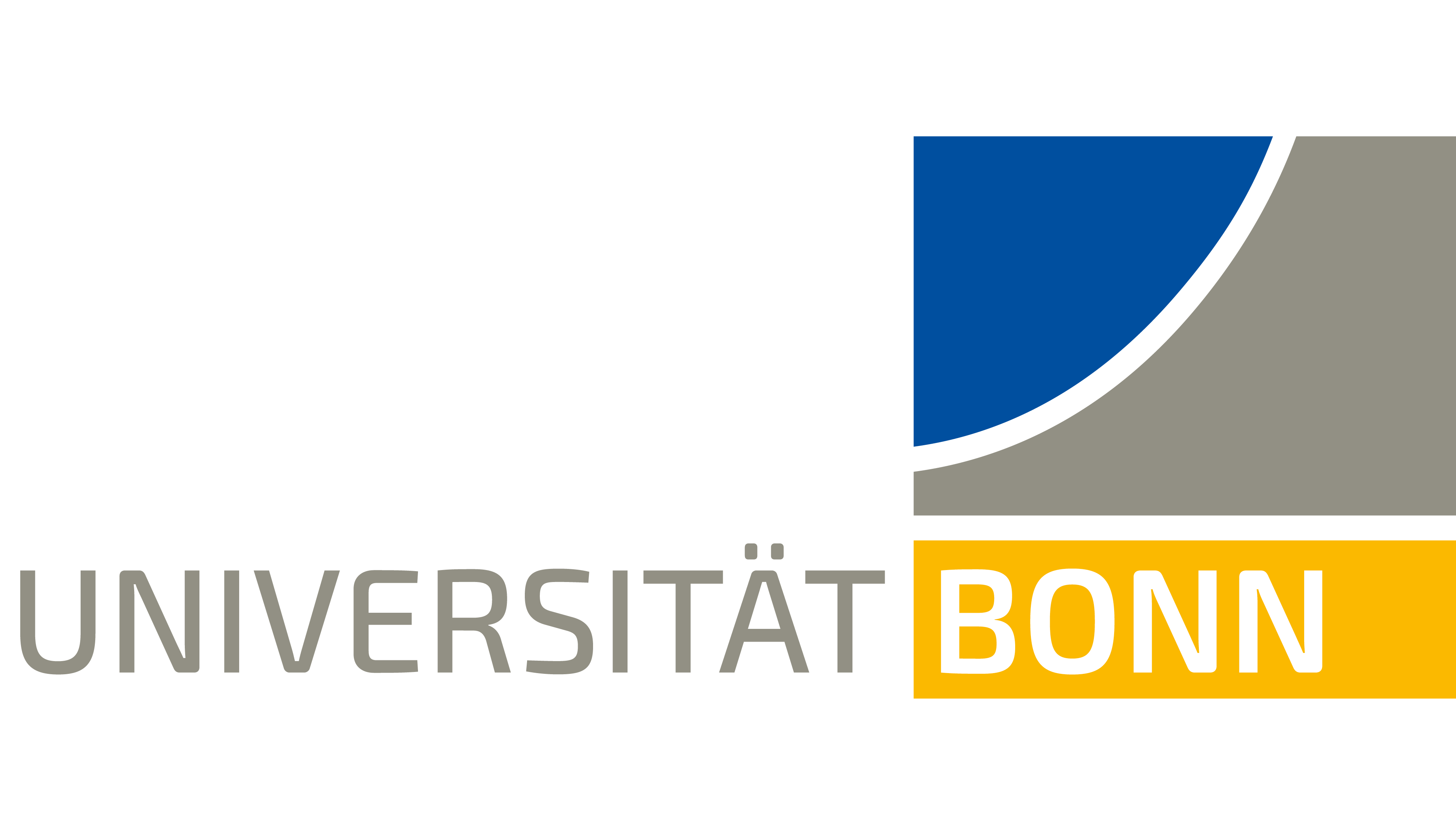I am interested in various aspects of probability and its applications. Below, I describe some of my larger, ongoing projects. For a complete list of my publications, see this page.
Gaussian noise sensitivity and related inequalities
Suppose that \(X\) and \(Y\) are positively correlated standard Gaussian vectors in \(\mathbb{R}^n\). Define the noise sensitivity of \(A \subset \mathbb{R}^n\) to be the probability that \(X \in A\) and \(Y \not \in A\). Borell proved that for any \(a \in (0, 1)\), half-spaces minimize the noise sensitivity subject to the constraint \(\Pr(X \in A) = a)\). This inequality can be seen as a strengthening of the Gaussian isoperimetric inequality, or as a Gaussian version of Riesz' rearrangement inequality. From a more applied point of view, Borell's inequality and its discrete relatives played a surprising and crucial role in studying hardness of approximation in theoretical computer science.
My first work on this problem concerned the rigidity and stability of Borell's inequality. Elchanan Mossel and I proved that half-spaces are the unique minimizers of noise sensitivity, and that all almost-minimizers are close to half-spaces in some sense. (Our bounds were later improved, for a special (but very important) case, by Ronen Eldan.)
With Anindya De and Elchanan Mossel, I moved onto a discrete version of Borell's inequality, known as the "majority is stablest" theorem because of its interpretation in social choice theory. We gave a short and elementary proof of the "majority is stablest" theorem. Our proof was so simple that we were also able to express (an approximate version of) as a constant-degree "sum of squares" proof, which had some implications in theoretical computer science.
With Steven Heilman and Elchanan Mossel, I worked on the so-called "peace sign conjecture" about noise-sensitivity-minimizing partitions of \(\mathbb{R}^n\) into three parts. Unfortunately, this seems to be a hard conjecture, and we were only able to prove some negative results on an extension of the conjecture. Nevertheless, this was deemed good enough for Krzysztof Oleszkiewicz to collect on a bet, winning a bottle of vodka.
In two shorter works on Borell's inequality, I describe a multivariate generalization of Borell's inequality, and I explore in greater detail the relationship between Borell's inequality and the Gaussian isoperimetric inequality.


